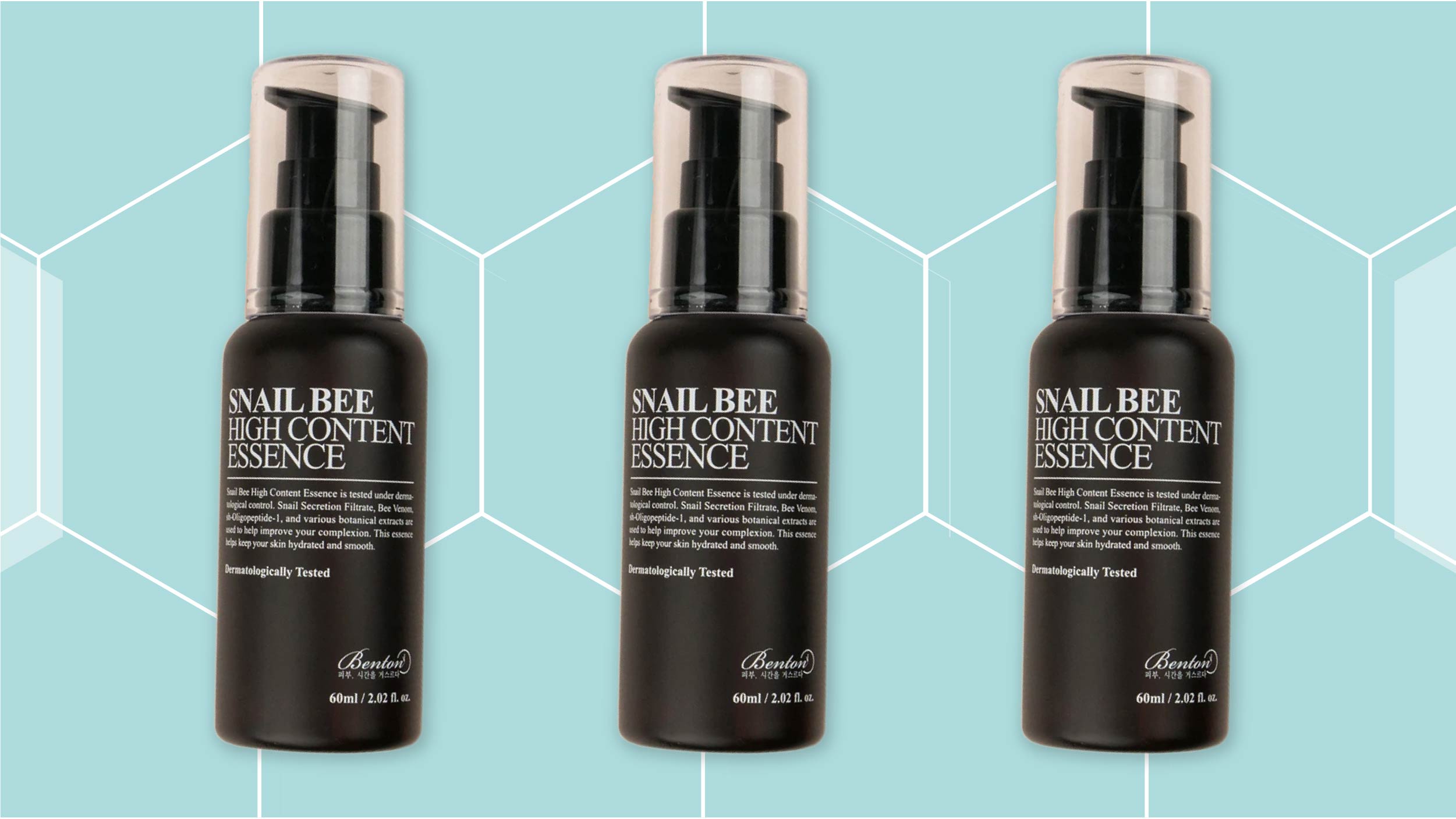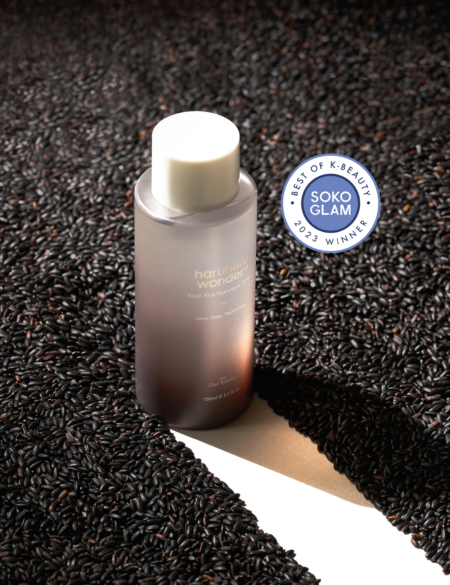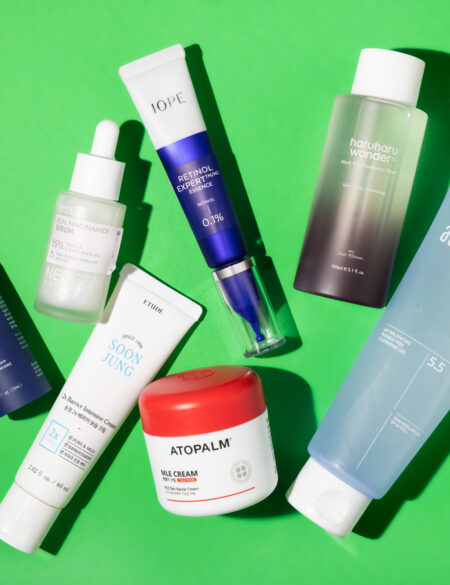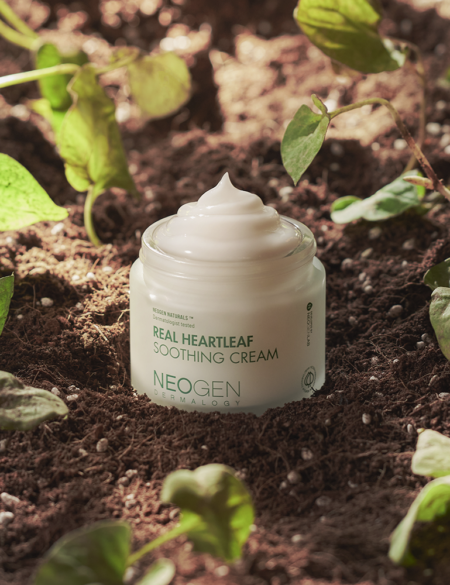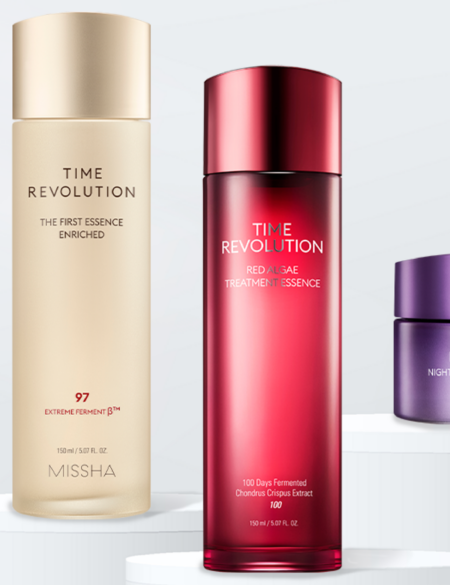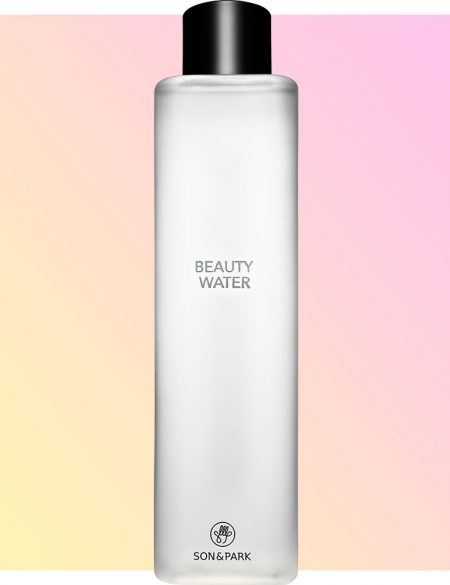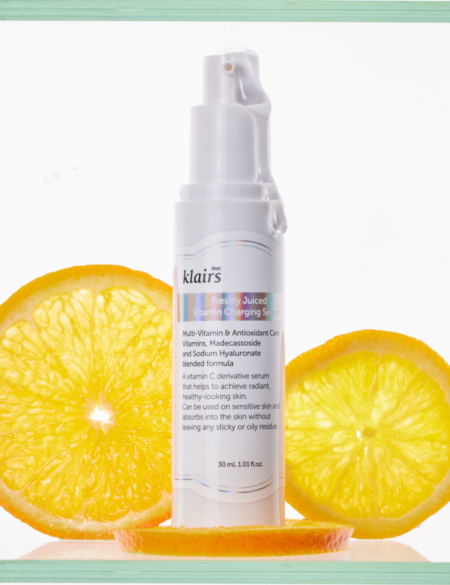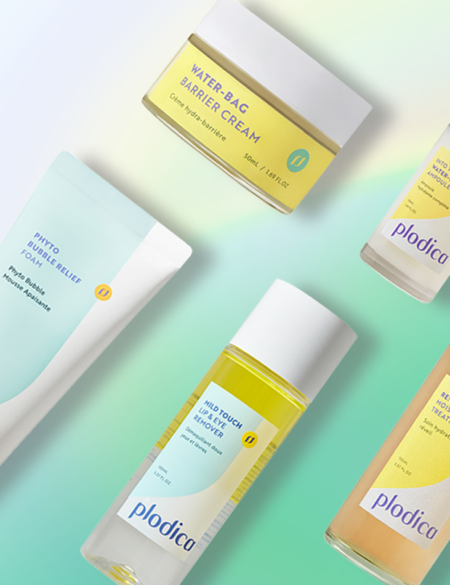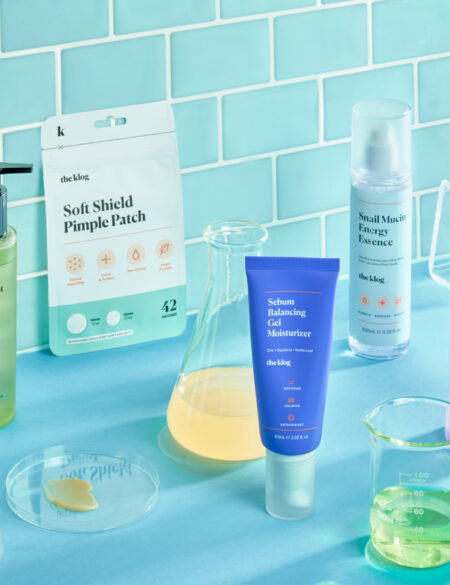Coconut oil offers all sorts of skin benefits, but it’s not a perfect ingredient. Here’s what to know about it before you decide whether or not it should have a place in your routine.
A few years ago, coconut oil was THE “It” beauty ingredient. It was the subject of countless articles and blog posts praising it as a miracle solution with a laundry list of skin and hair benefits and uses to boot. Brands pounced on the trend, infusing it into every kind of personal care product under the sun, and it seemed there wasn’t a celebrity or model who didn’t name it as their top beauty secret.
The craze has since come to a simmer, and as is the nature of the trend cycle, it’s received its fair share of backlash. Many of the same sources that once waxed poetic about the ingredient are now cautioning against using it all.
So what’s the deal? Should you use coconut oil on your skin or not? Because it remains a popular ingredient both in the DIY beauty space and on the shelves of your favorite beauty retailers, we talked to a handful of experts to explain the pros and cons of coconut oil as a skin care ingredient and how best to use it.
The Benefits of Coconut Oil on Your Skin
“Coconut Oil is rich in fatty acids, with lauric acid being the most prominent, and its complete profile can offer benefits for skin types that experience irritation, sensitivities, and breakouts,” says Heather Wilson, a licensed esthetician and director of brand development at InstaNatural.
Dr. Susan Bard, an NYC-based dermatologist adds that “Lauric acid has antibacterial, antiviral, and antifugal properties.” Plus, coconut oil’s “high lipid content can help speed up healing.”
Since it can break down even waterproof formulas, coconut oil is an effective makeup remover. In addition, the ingredient has antioxidant properties. “This means that it can help neutralize and prevent damage from free radicals from UV rays and pollution,” says New York City-based dermatologist Hadley King.
Because it’s an emollient rich in triglycerides (fatty acids), Dr. King says that dry skin types that aren’t prone to clogged pores can benefit the most from coconut oil.
The Potential Cons of Applying Coconut Oil on Your Skin
Coconut oil is considered comedogenic (it’s rated as a 4 on a scale of 5), meaning it can clog your pores.
However, this doesn’t necessarily mean that those with acne-prone skin should stay away from the stuff.
Lauric acid, which as mentioned above is abundant in coconut oil, has been found to be an effective acne-fighting treatment. While applying 100% raw coconut oil on your face may be more risky because of the pore-clogging fatty acids, a product formulated with coconut oil as an ingredient among others may be a better bet in avoiding a negative reaction. For example, an oil cleanser that contains coconut oil will likely also contain an emulsifier to help ensure you aren’t left with a coating of the ingredient on your face after use.
And just because an ingredient is comedogenic doesn’t mean it will definitely clog your pores. As blogger Lab Muffin deftly explains here, the scale is more of a guideline than a rule.
RELATED: What to Know About Comedogenic Ingredients If You Have Acne-Prone Skin
“Essentially, the potential downfall of this ingredient is the same as any other ingredient – some skin types may love it while others may react negatively to it, it simply depends on your skin’s own unique chemistry,” says Wilson.
How to Use It
In skin care, coconut oil is most commonly found in lip treatments, body scrubs and butters, moisturizers, and makeup remover/cleansing oils. If you’re using the latter, we recommend making sure you effectively emulsify the formula before moving to a water cleansing step, and exfoliate regularly to keep pores clear.
And if you’re more into the DIY approach and are using raw coconut oil from the jar, choose organic, virgin, unrefined coconut oil. “Not all coconut oils are created equal, and the refinement process can actually cause the oil to have a higher risk of causing breakouts because the natural lauric acid levels will be decreased,” says Wilson.
When applying, a little goes a long way. “I recommend warming about a pea-sized amount of oil between your hands and pressing the oil onto the skin. Your skin shouldn’t feel or look greasy, and with this application you should notice that the oil absorbs quickly,” says Wilson.
Concerned about coconut oil clogging your pores, or have a jar to get through after it broke you out on your face? Use it on your body instead. “It’s great for ashy elbows and cracked heels – your hands, feet, legs, anywhere it will not break you out,” says Victoria Lewis, medical aesthetician at Tribeca MedSpa.
Bottom Line
Coconut oil may be a holy grail ingredient for you, or it may be something you try once and never try again. “It’s most certainly not a one-size-fits-all solution,” says Wilson. The best way to find out is to patch test before slathering it all over your face.


